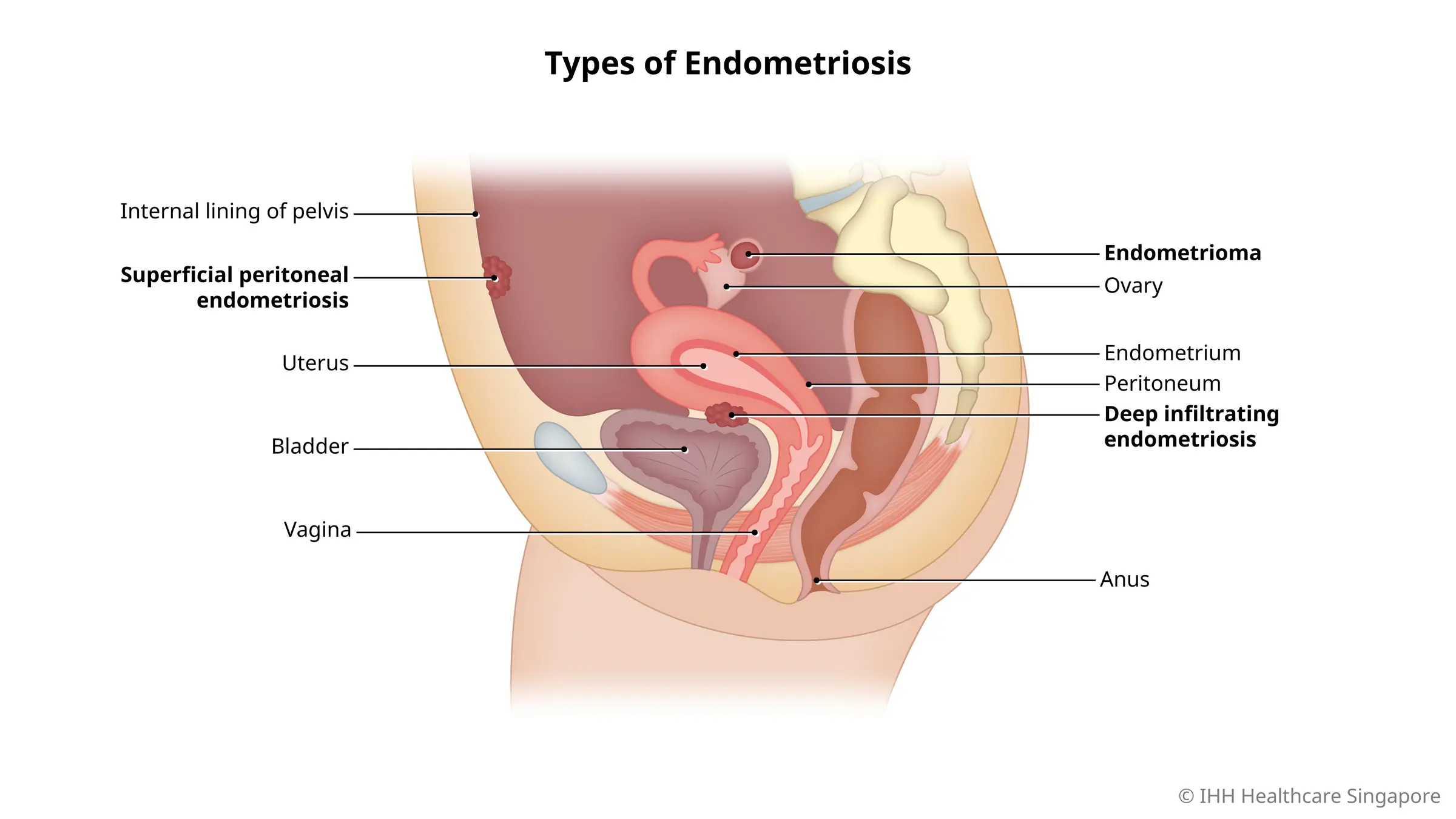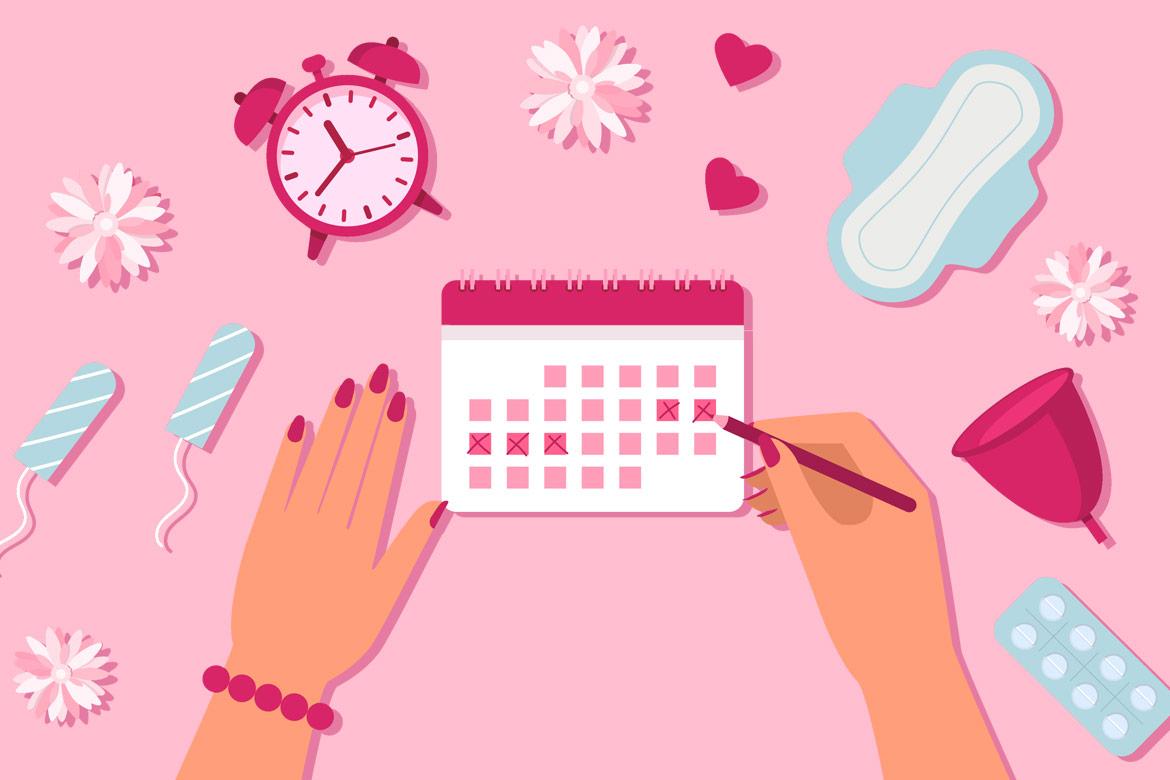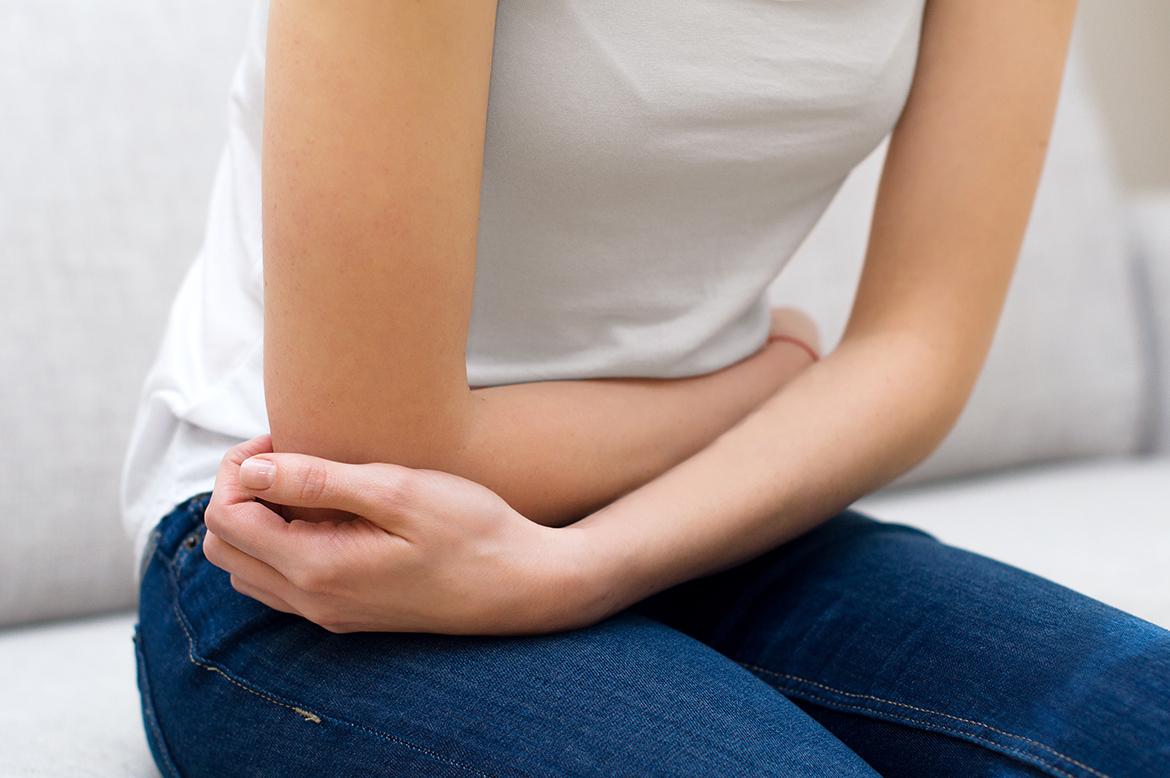
Endometriosis
What is endometriosis?
Endometriosis is a condition where menstruation tissue called endometrium is found outside the womb. The menstruation tissue outside the womb can cause bleeding and inflammation, leading to severe menstrual cramps and pelvic pain.
Hence, endometriosis is the most common cause of severely painful menstruation. Over time, the inflammation can also distort the womb, fallopian tubes and ovaries, causing infertility.
Types of endometriosis
There are 3 types of endometriosis depending on its location:
- Superficial peritoneal endometriosis. This type is seen on the internal lining of the pelvis, and can only be seen during surgery and will not show up in an ultrasound or MRI. Hence, a normal ultrasound or MRI result does not mean there is no superficial peritoneal endometriosis.
- Endometriomas. These are fluid-filled cysts of the ovary and typically contain dark brown liquid. They are sometimes referred to as 'chocolate cysts'. These can be detected in a pelvic ultrasound, and are the most common form of endometriosis diagnosed in Singapore.
- Deep infiltrating endometriosis. This refers to endometrial tissue growth under the peritoneum. It can involve organs near the uterus such as the rectum, bowel or bladder.
Stages of endometriosis
There are different stages of endometriosis, ranging from Stage I to Stage IV.
Generally, Stage I endometriosis refers to cases with minimal lesions, while Stage 4 endometriosis refers to cases with large ovarian cysts, deeply infiltrating endometriosis, and dense pelvic anatomy distortion.
As each stage may have mild to severe symptoms in itself, and each stage may have varying degrees of infertility, staging of endometriosis is now seldom used.
What are the symptoms of endometriosis?
The most common symptom of endometriosis is painful menstruation.
Women with endometriosis may also have the following symptoms:
- Intermenstrual bleeding and irregular menstrual staining
- Heavy menstrual bleeding
- Painful sexual intercourse
- Abdominal bloating, nausea or vomiting around menstruation
- Irritable bowel symptoms
- Painful defecation and/or urination
- Chronic fatigue symptoms
- Chronic pelvic pain
Learn more about painful periods and endometriosis.
What causes endometriosis?
The true cause of endometriosis remains unknown. Common theories regarding the cause of endometriosis are:
- Retrograde menstruation theory. The backflow of menstrual blood brings the menstruation tissue through the fallopian tubes to the peritoneal cavity, causing endometriosis.
- Cell change / Transformation theory. The change of peritoneal or stem cells outside the womb to menstruation tissue causes endometriosis.
- Epigenetic immunologic theory. The genetic programming or immune response leads to endometriosis forming outside the womb.
The general consensus regarding the cause of endometriosis is gradually moving away from the retrograde menstruation theory, and in favour of the cell change and epigenetic immunologic theory.
What are the risk factors for endometriosis?
Some factors increase the risk of endometriosis. These include:
- Family history of endometriosis
- Periods started at age <12 years
- Short monthly cycles <24 days
- BMI <22
- Primary infertility
What are the complications and related diseases of endometriosis?
- Infertility
- Heavy and painful menstruation
- Chronic pelvic pain
- Bowel or bladder dysfunction (constipation and diarrhoea)
- Slight risk for ovarian cancer
How do you prevent endometriosis?
As endometriosis is an inflammatory condition, adopting an anti-inflammatory lifestyle can help reduce the impact of endometriosis.
An anti-inflammatory lifestyle includes:
- Regular aerobic exercise 3 times a week
- Eating lots of colourful fruits, vegetables, and omega-3 fatty acids
- Limiting intake of red meat and processed food
- Reducing intake of gluten and alcohol
- Avoid smoking
This coverage checker is brought to you by Health Insured, an online resource that helps you understand your health coverage in Singapore.
This page has been reviewed by our medical content reviewers.
Need help?
For enquiries, please call
+65 6250 0000 (Orchard) or +65 6898 6898 (Novena)
For appointment bookings, please WhatsApp
+65 8111 7777 (Orchard) or +65 8111 5777 (Novena)
 Brain & Spine Care
Brain & Spine Care




